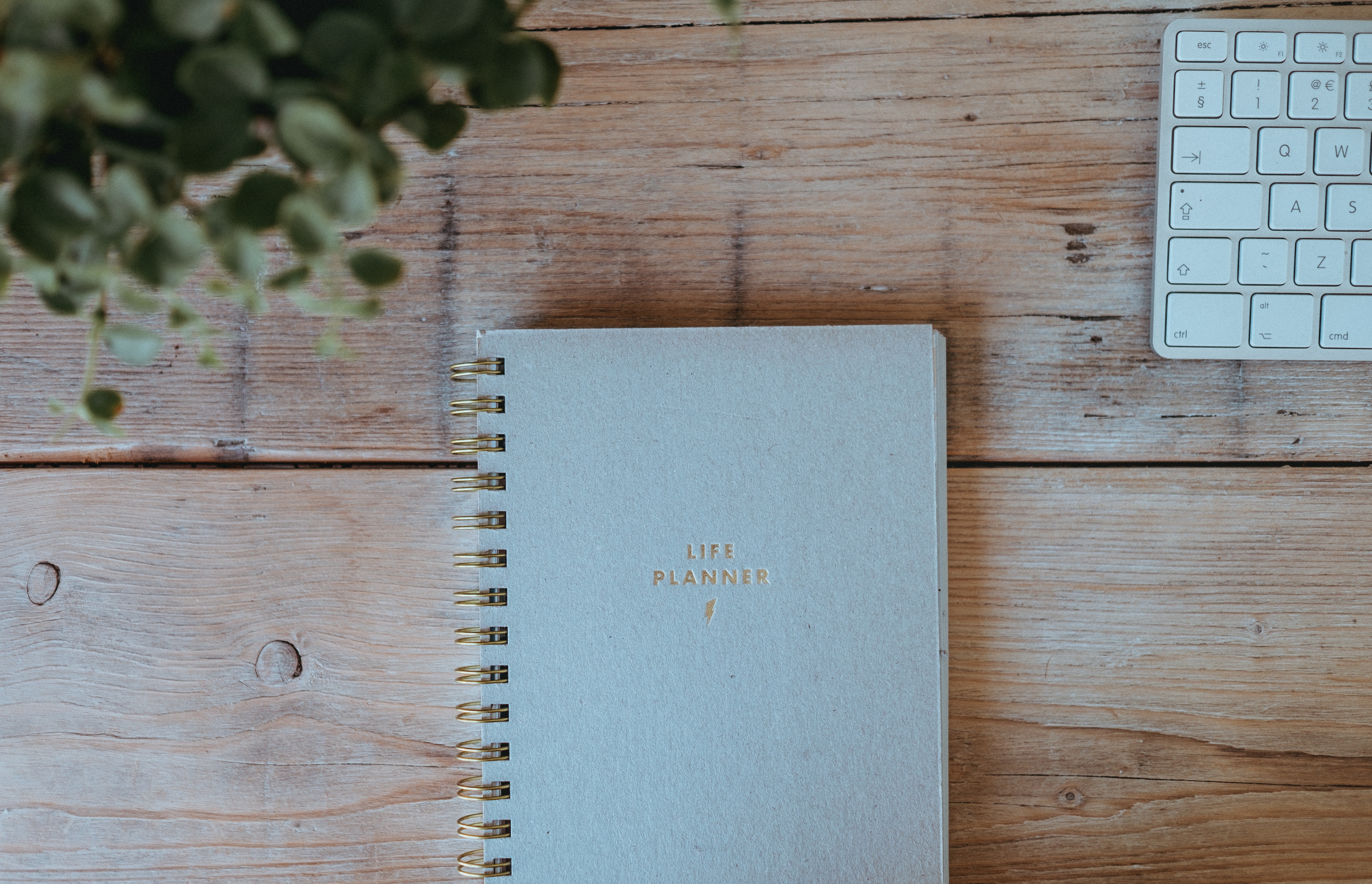 When we encounter discomfort we are faced with 3 choices: Avoidance, Resignation, or Engagement.
When we encounter discomfort we are faced with 3 choices: Avoidance, Resignation, or Engagement.
Avoidance has its place. Why create discomfort where it’s not necessary? How does one decide what is and isn’t necessary? Going to school and work often create discomfort, but it’s necessary. Exercising can create discomfort, but we know the benefits. Medical procedures, even though uncomfortable, are a must.
Resignation in the face of discomfort involves acceptance. However the shadow side of resignation is that it can put the discomforts in charge. We become victims of the pains we encounter.
Engagement is a better strategy. How can we leverage the discomforts – both planned and unplanned – for our personal and professional benefit?
Everyday you are either preparing or repairing
And there are those times when discomfort is a result of an unwise choice, or perhaps through no choice of your own. Engagement allows us to proactively learn and grow.
When you are dancing with discomfort, here are 4 ways to take the lead.
Remember…
1. Discomfort is a sign of progress. When we live in a constant state of comfort the odds are great that we aren’t going anywhere. We avoid asking the best questions – What? How? When? and Who? Exchange “why is this happening” to “how can this make me better?” I now begin to feel a shift in my spirit. The answers we get are often determined by the questions we ask. A bad question leads to a bad answer. Try these instead:
- What if this isn’t the end, but a new beginning?
- What if this is necessary to prepare for the next chapter in my life?
- What does this experience make possible?
- What will I be telling others about the valuable things I learned during this season of my life?
2. The best defense is a good offense. Walk toward the barking dog. Realize that discomfort is the first cousin to discipline. They often come from different directions, riding on different emotions, but their results can look very similar. Most folks display “unconscious incompetence” when it comes to discomfort or adversity. They mindlessly let it happen. IQ is cognitive intelligence. EQ is emotional intelligence. And there’s another kind of intelligence called AQ which stands for adversity intelligence. AQ is your ability to thrive under adverse situations. It is a strong indicator of your overall success.
“The truth is that our finest moments are most likely to occur when we are feeling deeply uncomfortable, unhappy, or unfulfilled. For it is only in such moments, propelled by our discomfort, that we are likely to step out of our ruts and start searching for different ways or truer answers. Problems do not go away. They must be worked through or else they remain, forever, a barrier to growth and development of the spirit.” — Scott Peck, The Road Less Traveled
3. Greatness lies outside our circle of comfort. People are either climbers, campers, or complainers. A climber attempts to handle any challenge that confronts them. They use the discomfort to grow – and sometimes they even choose it. A camper has some success, but leaves a lot of progress and potential on the table, untapped. A complainer used most of their energy in avoiding the discomfort. Greatness is there, but never realized. To the climber, this doesn’t need to be terrifying – just uncomfortable. They have learned to be comfortable with being uncomfortable.
“You need to do the uncomfortable until it becomes comfortable. There are only two pains you have to worry about, ‘the pain of discipline today, or the pain of regret tomorrow.’” — Jim Rohn
Anyone who has changed an unproductive habit has intentionally invited a certain level of discomfort.
4. Discomfort creates energy. The same energy that discomfort creates is the same energy that creates solutions! The finest metals are purified in extreme temperatures. The greatest inventions have been discovered during wars. A lifestyle of total comfort leads to accommodation and immobility – a lack of energy.
It’s interesting to watch my one year old grandson. He would not appreciate sweet things without understanding bitterness. He appreciates smoothness because he’s experienced jaggedness. He appreciates softness because he’s experienced hardness. He’s beginning to appreciate solutions because he’s experienced conflict. The energy is transferred.
Sometimes the struggle is exactly what we need. Without the discomfort we’d go through life crippled.
“Your best way out is always through.” — Robert Frost
Choosing to engage discomfort is equivalent to loving your life.
How have your current discomforts propelled you?



Thanks, Mick. I think this post was meant just for me today.
Thanks Robin. Since I wrote it from my own life experience, it usually applies elsewhere as well.
Nice work Ukleja. Ever think about writing a blog?
Yes. And I think you should as well. There’s a lot to learn from a baseball acquisition scout.
thank you Mick! I needed to read this!
Thanks Manfred. We all need reminders since we all face discomfort in varying degrees.
Hi Mick, I jsut had the chance to read this and it was right on time for me. Thank you for vision.
Thanks Melanie! Timing is everything. Keep up your good work with MATFA.